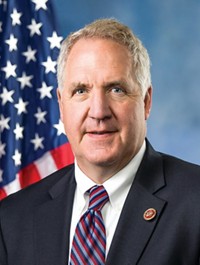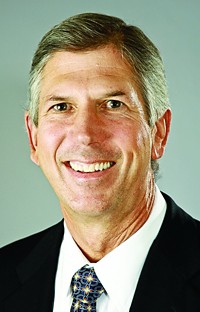Advertisement
Grab your lab coat. Let's get started
Welcome!
Welcome!
Create an account below to get 6 C&EN articles per month, receive newsletters and more - all free.
It seems this is your first time logging in online. Please enter the following information to continue.
As an ACS member you automatically get access to this site. All we need is few more details to create your reading experience.
Not you? Sign in with a different account.
Not you? Sign in with a different account.
ERROR 1
ERROR 1
ERROR 2
ERROR 2
ERROR 2
ERROR 2
ERROR 2
Password and Confirm password must match.
If you have an ACS member number, please enter it here so we can link this account to your membership. (optional)
ERROR 2
ACS values your privacy. By submitting your information, you are gaining access to C&EN and subscribing to our weekly newsletter. We use the information you provide to make your reading experience better, and we will never sell your data to third party members.
Policy
Free Lunch: Activists At GlobalChem Press For Policy Reform Discussion
by Cheryl Hogue
April 4, 2011
| A version of this story appeared in
Volume 89, Issue 14
Last year at GlobalChem, environmental and health activists inflated a giant yellow duck outside the hotel where the industry regulatory conference took place. As an iconic child’s bathtub toy, the duck evoked phthalates, compounds widely used in plastics and suspected of disrupting the endocrine system. The duck symbolized the activists’ call for reform of the federal chemical control law.
At this year’s GlobalChem, held in late March, activists employed a new strategy for stimulating discussion with industry on amending the federal Toxic Substances Control Act (TSCA). They offered a free lunch.
Safer Chemicals, Healthy Families, a coalition of health and environmental groups and businesses that purchase chemical products, hosted the lunch in the Baltimore hotel where GlobalChem took place. The March 21 event attracted more than a dozen of the hundreds of GlobalChem attendees.
Accompanying sandwiches and soft drinks at the lunch were presentations about TSCA reform.
Andy Igrejas, campaign director for the coalition, invited companies to hash out their differences with other stakeholders, including activists and states that have recently adopted their own chemical control laws. While the chemical industry and Safer Chemicals, Healthy Families generally agree on the need for Congress to modernize the 35-year-old TSCA, they diverge over details (C&EN, Feb. 14, page 30).
“We need the chemical industry to step forward in genuine, substantive engagement,” he said. If stakeholders present Congress with a negotiated agreement on the changes they want to see in the law, they will boost the chances for passage of a revised TSCA, Igrejas said.
There is a precedent for this kind of discussion among stakeholders, said Richard A. Denison, senior scientist at the Environmental Defense Fund, an activist group that is part of Safer Chemicals, Healthy Families. In 1996, stakeholder negotiations led a Republican-controlled House of Representatives and Senate and a Democratic president to enact two important environment-and-safety laws, he pointed out. One amended the Safe Drinking Water Act and the other—the Food Quality Protection Act—updated the federal pesticide statute, he said.
“We need to be negotiating in good faith to find a sweet spot that would allow this to move forward even in what is otherwise a very divisive Congress,” Denison said.
Industry needs to lay out specifically what it wants in new federal chemical legislation, Igrejas stated. Negotiations with other stakeholders require more detail than the broad principles for TSCA modernization released in 2009 by the American Chemistry Council (ACC), he said. That industry group’s principles are backed by several other trade organizations, including the American Cleaning Institute (formerly the Soap & Detergent Association).
ACC heavily criticized parts of TSCA reform legislation drawn up last year in the House (C&EN, Aug. 16, 2010, page 35). But the organization has not offered concrete alternatives to the provisions it found objectionable, Igrejas said.
Separately, at GlobalChem, Calvin M. Dooley, chief executive officer of ACC, said the association’s members and downstream users of their chemicals were “maintaining a constructive engagement with constituents in the [nongovernmental] community.” Dooley did not attend the activists’ lunch.





Join the conversation
Contact the reporter
Submit a Letter to the Editor for publication
Engage with us on Twitter